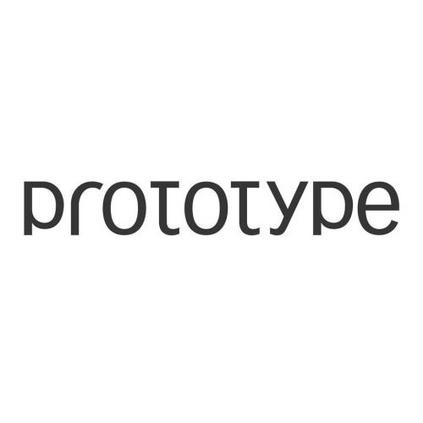We present a high-level domain-specific language (DSL) interface to drive an adaptive incomplete $k$-d tree-based framework for finite element (FEM) solutions to PDEs. This DSL provides three key advances: (a) it abstracts out the complexity of implementing non-trivial FEM formulations, (b) it simplifies deploying these formulations on arbitrarily complicated and adaptively refined meshes, and (c) it exhibits good parallel performance. Taken together, the DSL interface allows end-users to rapidly and efficiently prototype new mathematical approaches, and deploy them on large clusters for solving practical problems. We illustrate this DSL by implementing a workflow for solving PDEs using the recently developed shifted boundary method (SBM). The SBM requires approximating relatively complicated integrals over boundary surfaces. Using a high-level DSL greatly simplifies this process and allows rapid exploration of variations. We demonstrate these tools on a variety of 2-D and 3-D configurations. With fewer than 20 lines of input, we can produce a parallel code that scales well to thousands of processes. This generated code is made accessible and readable to be easily modified and hand-tuned, making this tool useful even to experts with the target software.
翻译:暂无翻译




